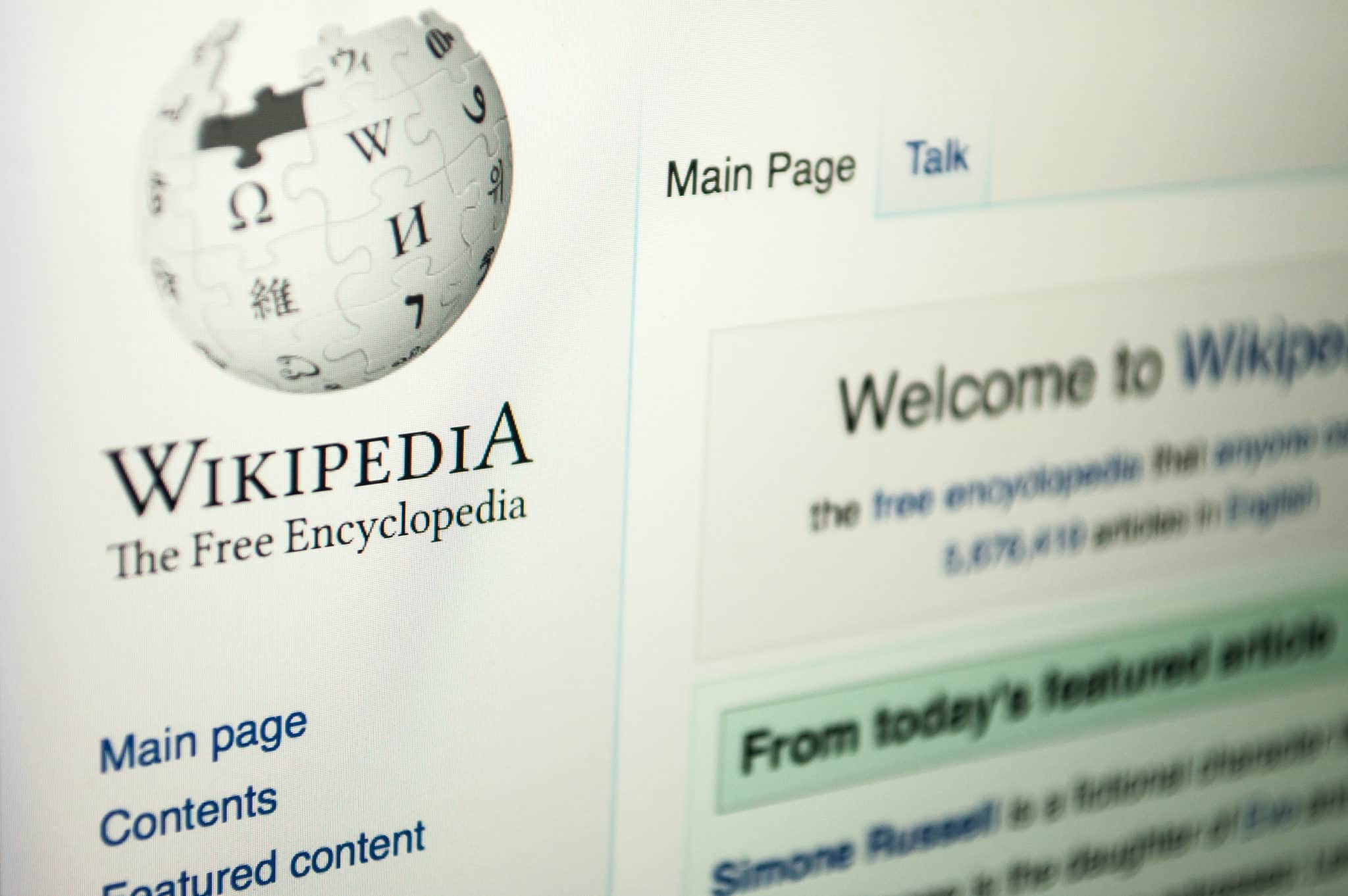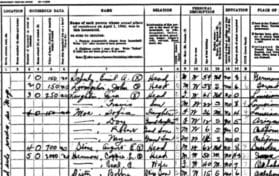
Remember when your high school history teacher assigned a research project and refused to allow Wikipedia as a reliable source? That teacher did so for good reason. We tend to go to Wikipedia for a wealth of information; it is often the first result of a Google search. However, the question remains – is Wikipedia a good place to learn history? Simply, no; it is not.
How Reliable is Wikipedia as a Source of Historical Information?
First, Wikipedia is unique in how information is posted to the site. Wikipedia allows for almost anyone to edit its website articles. Multiple incidents have been reported in which “editors” changed an article to add insulting racial epithets or to distort information.
One infamous incident included an “editor” to add to a thermodynamics article “the first law of thermodynamics is not to talk about thermodynamics.” The people who change articles to add disinformation or to add hurtful language are referred to as Wikipedia “vandals.”
Vandalism is what those at Wikipedia refer to when describing incorrect information that appears on the site’s pages due to these edits. Some of these “vandalized” pages include flat out wrong information while other pages are considered a work in progress (i.e., no one willfully added incorrect information).
While some of these “attempts at humor” are easy to spot, others are more nefarious because they seem plausible! For instance, a page on Princess Diana seems to be prone to “editing” by vandals, and the information added often seems believable. In this instance, and because Diana was a historic princess, Wikipedia is definitely not a place to learn about history.
A final reason that Wikipedia is not a good place to learn history is that the site generally uses secondary sources, which they attempt to vet using primary sources. While students today are taught the difference in primary and secondary sources, the average Joe might not be able to discern between fact and fiction that may be posted on Wikipedia.
Known Strengths of Wikipedia
Even though most people understand that Wikipedia is not reliable as a source of information, people still see Wikipedia as a “go to” site. Plus, it is typically the first result of a Google search. Wikipedia is easy to read, often much easier than more academic information sites. Wikipedia is also free to use, whereas some scholarly journals require a subscription of some type. It is also updated by the hour, and many sources for a Wikipedia article are cited.
Wikipedia is a name most people recognize, and familiarity breeds comfort when it comes to looking at information on the internet. Furthermore, people who read a great deal will see a lot of factual information on a Wikipedia page (in other words, they’ve seen it on news sites and in other trusted places, so they believe what they’re reading in the rest of the Wiki article is correct).
Known Weaknesses of Wikipedia
Wikipedia isn’t a scholarly source because the editors cannot be vetted, and the articles on Wikipedia are constantly changing. Some articles may be biased rather than neutral. Occasionally, some articles contain a lot of technical language that the average reader many not understand.
Wikipedia’s ease of access is also a weakness for the site. Once someone has an account with Wikipedia, they can go in and make edits to an article. Some are flagged after an act of “vandalism,” but many are not. These individuals continue to go on adding misinformation where they may.
Reliable Alternatives to Wikipedia
Learning history requires reliable sources. These should be academic sources; Encyclopedia Britannica is a great example and typically easy to understand. Look for scholarly articles; you can use Google Scholar to do a search on the internet for reliable sources.
Students should utilize these methods to decide if a source is reliable. First, look to see if authors are listed. If so, what are their credentials? Look for a copyright date at the end of the article. Websites with the endings “.edu” or “.gov” are typically reliable. Sources should also be neutral and unbiased.
Another way to determine if a website is reliable is the presence of commercial ads. Pop-ups and links to advertisements are a tell-tale sign that a website is not launched and run by an expert. Speaking of links, always check the links to see if you end up on another reputable site. Broken links as well as links to unreliable articles are a sure sign that the website you’re reading is not reliable.
Key Takeaways
While Wikipedia can and does provide reliable information in many instances, the site’s ability to be “edited” by any user with an account makes it highly unreliable, especially when it comes to history. Verify the creators and authors of information on a website, check for bias in the information, look at the copyright date – all these things can help you to determine if a website is reliable. Avoid Wikipedia as a source for learning history.





